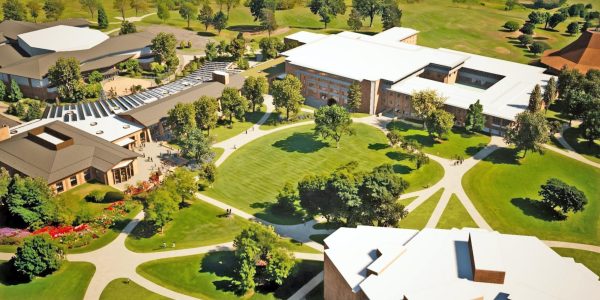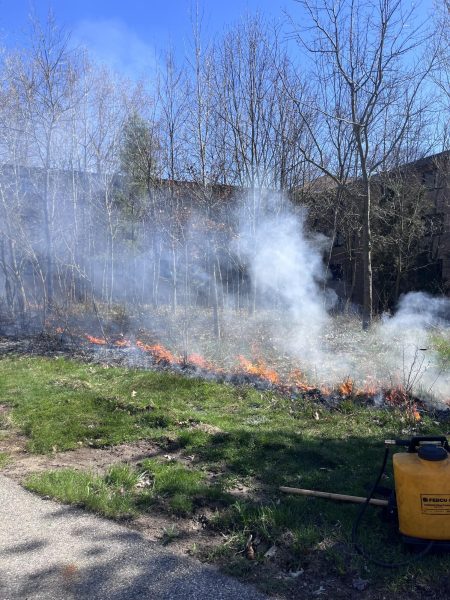Despite high leadership turnover, student orgs maintain continuity and culture
The nature of Calvin’s four-year college model necessitates an ever-changing array of student club leaders. “It can be a really quick turn around,” Lucia Skuldt, editor in chief of Dialogue, said.
“I think when clubs are led by people who have been frequent participants or in leadership for some time, that helps the transition significantly,” Kipp De Man, president of the Film Arts Committee, told Chimes. As De Man stated, to create continuity across leadership changes, most clubs, Dialogue included, hire staff from people who have already been involved in the organization.
Skuldt said Dialogue “encourage[s] staff members to get involved in every process,” so that when staff members move to different positions, they already have some knowledge of how each role works. However, even as clubs try to minimize the effect of turnover, it can still be challenging. “Editors generally last for two years,” Skuldt said, “So just getting the hang of things and then leaving can be difficult.”
De Man highlighted a different difficulty that comes with leadership change. He said, “Leadership has a drastic impact on the club experience. Each brings their own personality.” In addition, “Each leader adapts operations … and sometimes as clubs make these changes each year, you may lose some people who don’t like the changes,” De Man said.
It is not all challenges, though; frequent leadership changes help Dialogue work well. “Having fresh voices to bounce ideas off and gain new views is very important for keeping Dialogue updated,” Skuldt said. New voices can offer new perspectives that can help adjust how club processes work and lead to improvements to the club overall. “It keeps things traditional while implementing new ideas,” Skuldt said.
Keeping traditions alive is essential to club continuity, according to Skuldt. “The culture of Dialogue is … the most important,” she said, and one way Skuldt creates a cultural identity for the club is through keeping “lore.” By consistently talking about past projects and members, people stay connected with the club’s past.
“I think the most successful clubs are those that develop a strong, consistent community and having leaders who participate over the course of a few years can help draw people in,” De Man said.
College “is a rich opportunity to discover more of what you love or to try new things,” De Man said, and “clubs offer easy access to those opportunities.”






